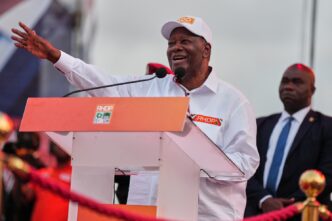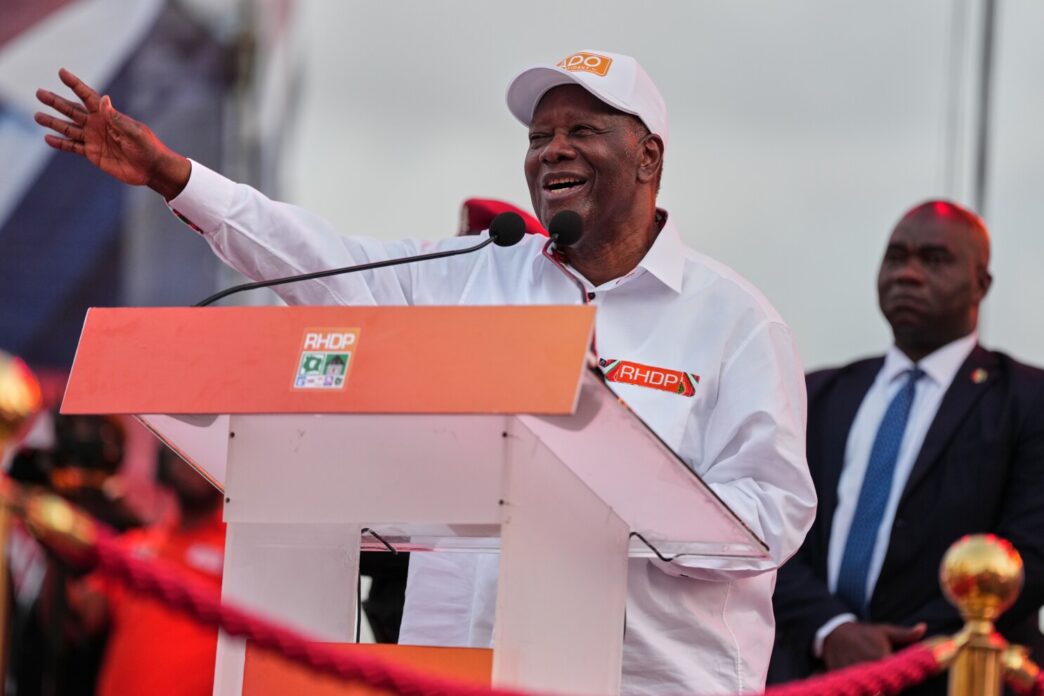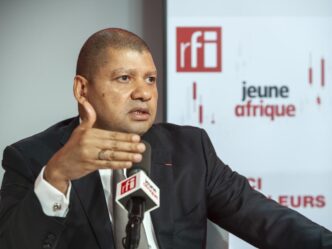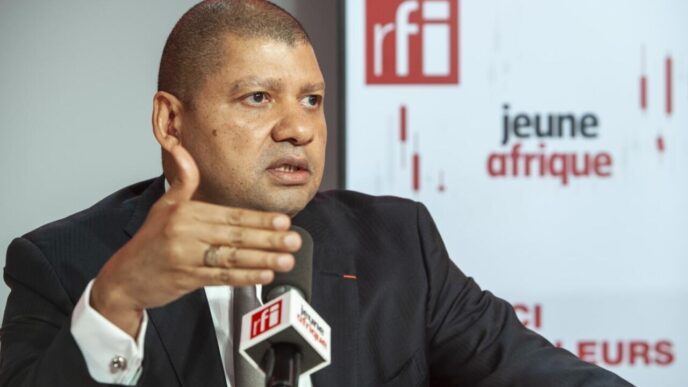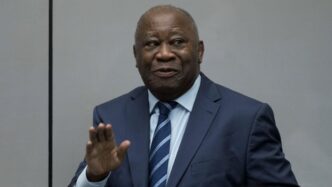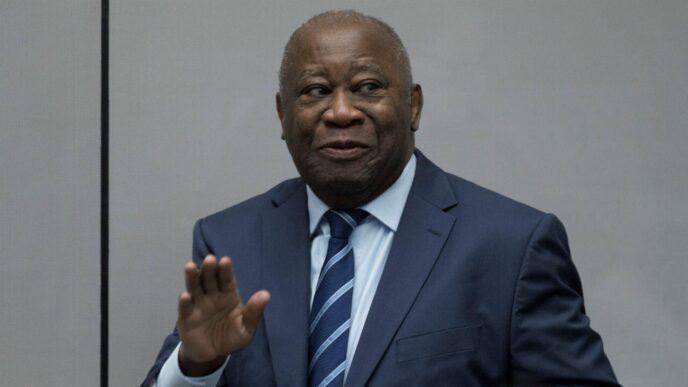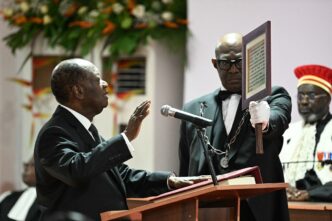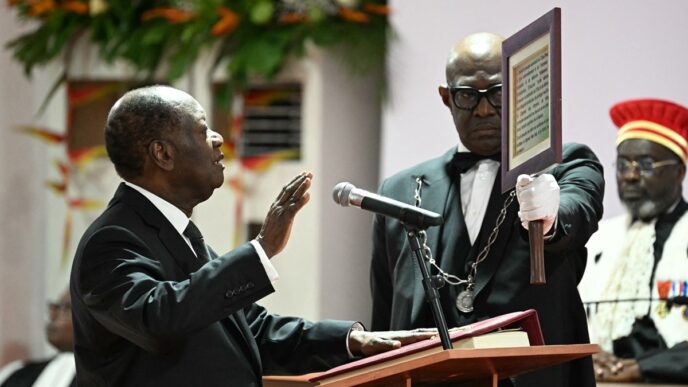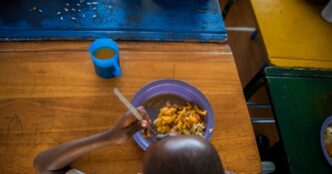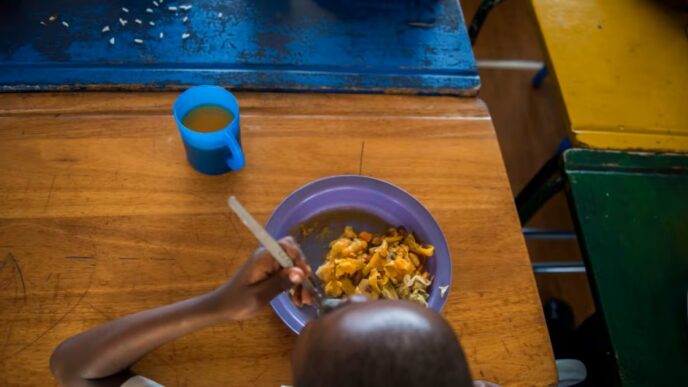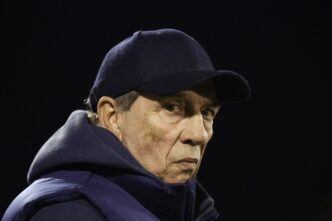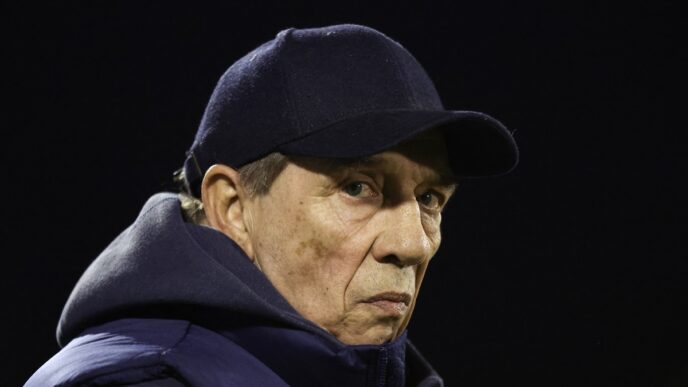Incumbent president Alassane Ouattara is the clear frontrunner for a fourth term in the Ivorian presidential election happening on Saturday, partly thanks to the disqualification of several prominent opposition candidates.
Ouattara, 83, has been in power since 2011, a period during which the nation began to reclaim its status as an economic leader in West Africa. His supporters aim for a decisive first-round victory to avoid a runoff.
Close to nine million Ivorians will cast their votes between 8:00 am (0800 GMT) and 6:00 pm, selecting from five candidates.
Key opponents, former president Laurent Gbagbo and ex-Credit Suisse CEO Tidjane Thiam, have been barred from running; Gbagbo due to a criminal conviction and Thiam for acquiring French citizenship. Their parties have encouraged voters to protest against this exclusion and Ouattara’s anticipated fourth term.
Recent disturbances have resulted in four fatalities, including one police officer, and on Monday, a building belonging to the independent electoral commission was set ablaze.
None of the four opposing candidates belong to established political parties, nor do they possess the support base of the RHDP.
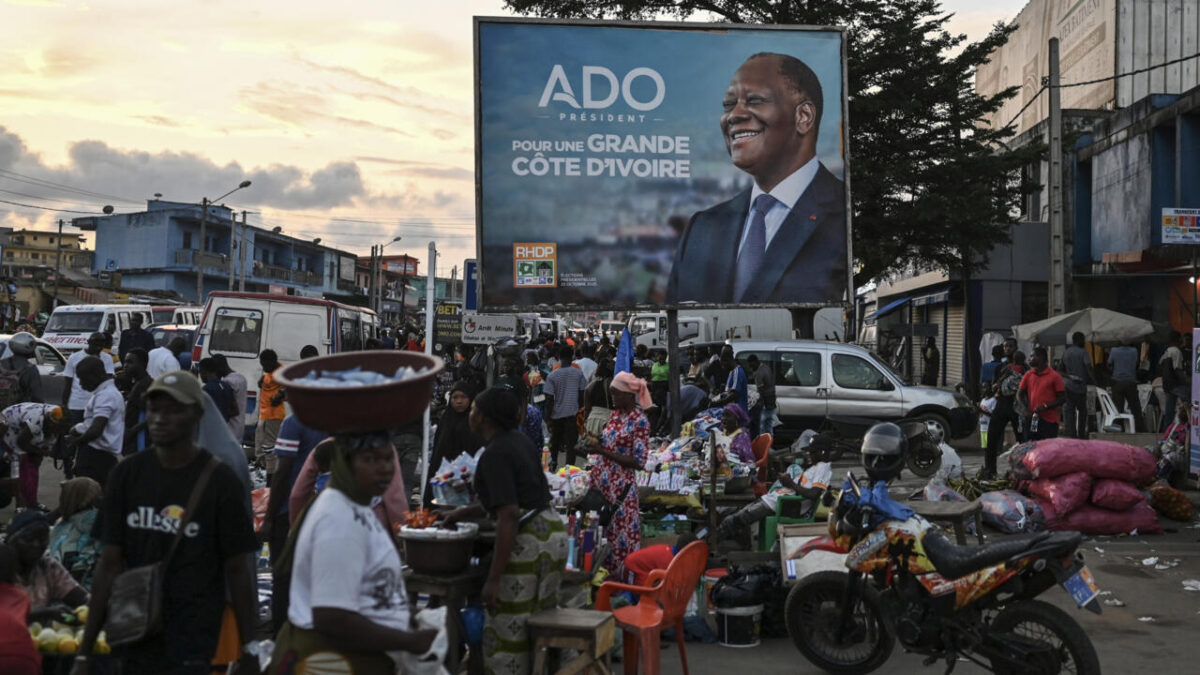
Former trade minister and agri-business tycoon Jean-Louis Billon, 60, hopes to attract supporters from his previous party, the Democratic Party.
Simone Ehivet Gbagbo, the former first lady, 76, seeks to draw votes from her former spouse’s followers.
The left-leaning vote is divided between Simone Gbagbo and Ahoua Don Mello, a civil engineer and independent Pan-African with ties to Russia.
The last contender is Henriette Lagou, a centrist and moderate who ran in the 2015 presidential election, receiving less than one per cent of the vote.
Ouattara assumed office amid a crisis following the 2010-2011 electoral conflict with Gbagbo, which resulted in over 3,000 deaths among their supporters.
The government highlights several years of robust economic growth and relative stability, despite the terrorist threats along its borders.
Critics argue that substantial economic growth has primarily benefited a small fraction of the population and has been accompanied by rising living costs.
Around 1,000 civilian observers from Ivorian civil society are overseeing the election, along with an additional 251 representatives from the West African economic bloc ECOWAS and the African Union.
Election results are expected early next week.


 Trending
Trending 
